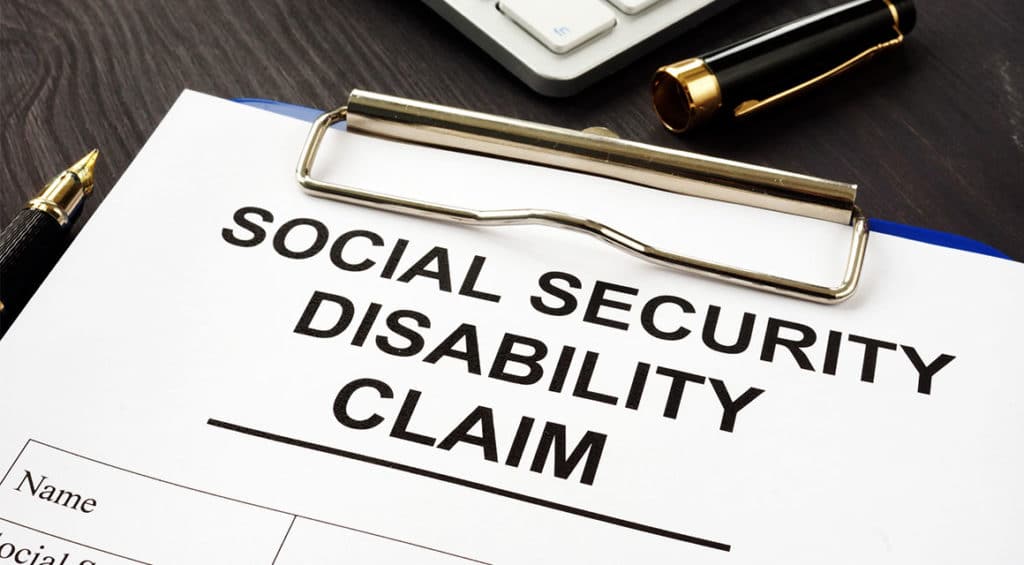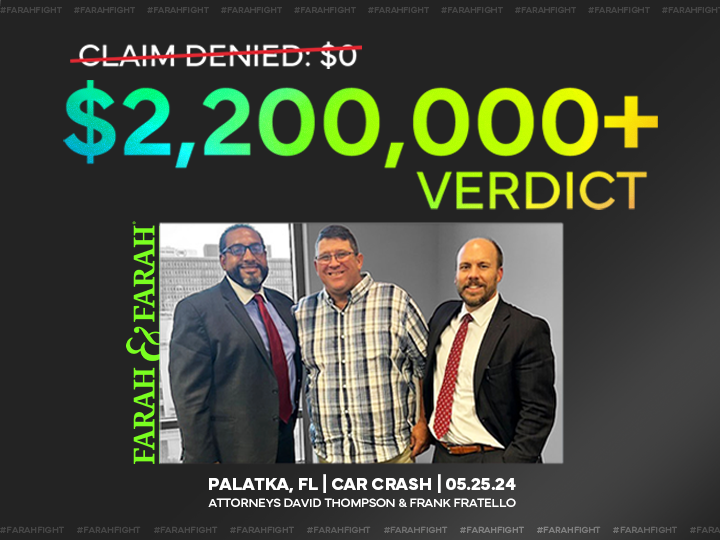If you have applied for Social Security Disability (SSD) benefits, and now the Social Security Administration (SSA) has scheduled you to see “their doctor,” don’t panic. This is known as a “consultative examination” (CE). The SSA will schedule a doctor of their choosing to examine you if they feel like they need more information to properly decide your claim. This could be because the SSA wants a specific test performed that is not already in your medical records, or perhaps because your medical records are sparse and do not contain enough information. If you must attend a CE, here is my best advice for you:
Do not miss your appointment
The SSA scheduled and paid for this appointment because they felt they did not have enough information to properly decide your claim for benefits. So, if you are a “no show” for your CE, the SSA has the option to proceed and decide your claim based on the information they already have, which probably means a denial of your claim. However, if there is a really good explanation for missing the appointment, the SSA may reschedule the exam for you, but this will likely delay a determination on your claim for several weeks or months.
Don’t be late
If you arrive late for your disability exam, the doctor may refuse to see you. This could be detrimental to your claim. In the alternative, your CE may be rescheduled, but this will delay your claim determination. The doctor will include notes in his report as to whether you arrived on time, as well as some comments regarding your demeanor and actions during the exam. To be safe, plan to arrive early and be polite.
Be calm and relaxed
The doctor performing your CE is an independent medical professional who is there to give an unbiased opinion regarding your physical and/or mental impairments and the limitations those impairments cause you. The doctor is paid by the SSA, yes, but the doctor is not working against you. The doctor will not decide whether you are disabled but will simply provide more evidence to the disability claims examiner so your condition can be better understood. Don’t panic or be anxious about attending a CE. Remember, this exam is just one piece of the much larger picture of your overall condition.
Be Honest
The doctor and staff will observe you when you arrive, while you are waiting, when you get on and off the exam table when you are walking, and as you stand and sit. They will be comparing what they observe with what you tell them to determine if you are being honest regarding your symptoms and pain. Do not exaggerate! They will know you are doing so and report that to the disability claims examiner.
Be honest about your pain. Don’t say you experience pain at a level of 10 out of 10 for 24 hours a day if that’s not true. Don’t tell the doctor you can only sit for 10 minutes at a time if you sat in the waiting area for 30 minutes without any obvious difficulty. It is important for the doctor to get an honest picture of your symptoms and pain, but if you think you will help your case by exaggerating, you are sadly mistaken.
Be specific and descriptive
Finally, the best advice I can give you when you attend a consultative examination is to be specific and descriptive. No one knows how you feel inside, but you. The doctor cannot see your pain or measure it, so you must be descriptive about the location, the intensity, and the duration of your pain. The doctor needs to record this information in his notes.
Also, think about your pain before you go to the exam. How will you describe it to the doctor, to your attorney, and possibly to a judge someday? If you say, “My back hurts so bad, and I get terrible pain in my legs.” No one really knows what that means. Describe your pain. Consider some of these words that describe different types of pain: stabbing, aching, crushing, pressure, burning, tingling, cramping, throbbing, and shooting. Specific, descriptive terms will help the doctor better understand your condition, and the result will be a more accurate and beneficial report that is given to the claims examiner who will determine whether you get awarded your disability benefits.
Having an experienced SSD lawyer on your side is one of your greatest weapons in the fight to get your disability benefits. Do you need help applying for Social Security disability benefits or appealing a denied claim? Contact us today for a free consultation.













